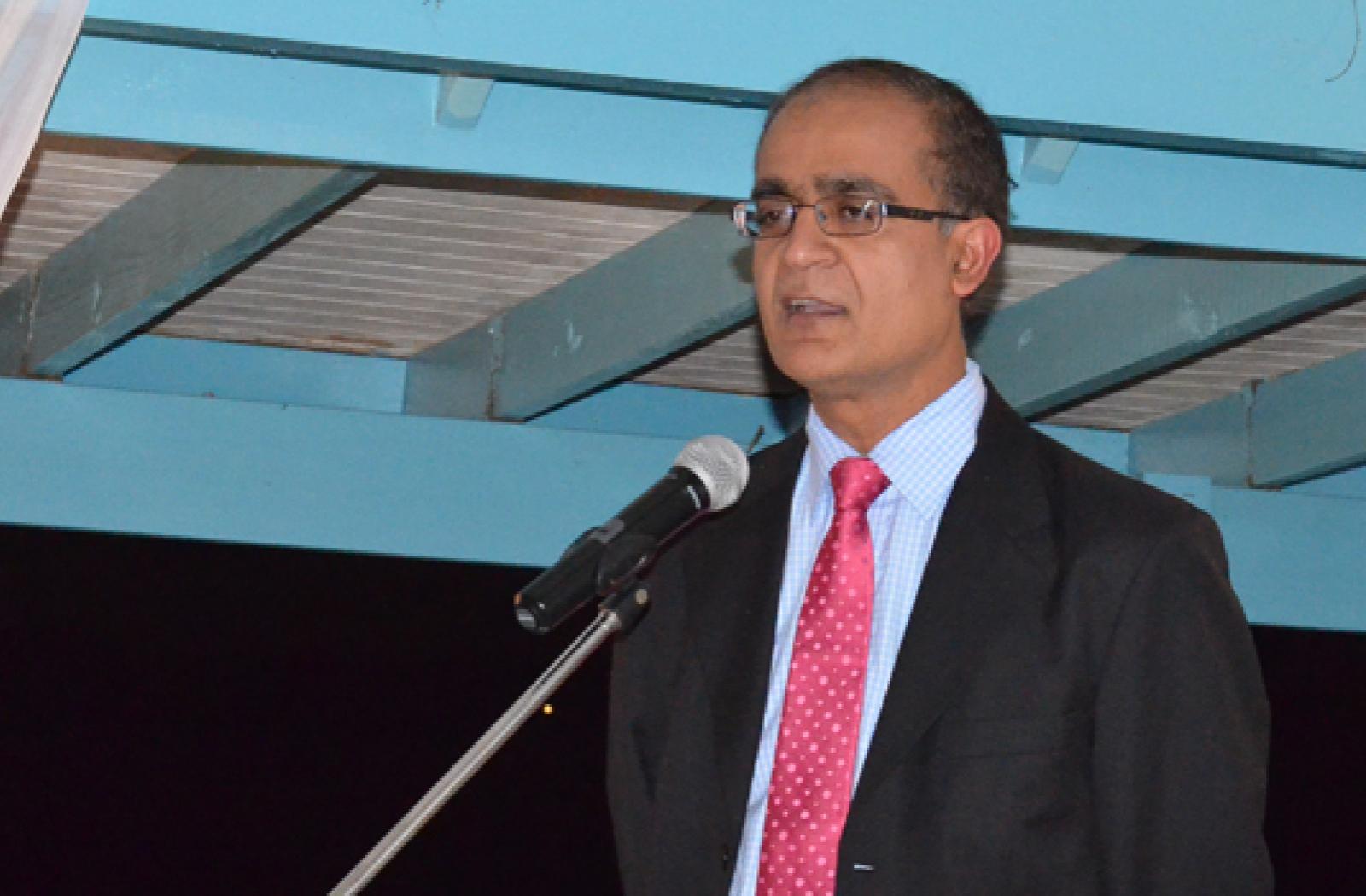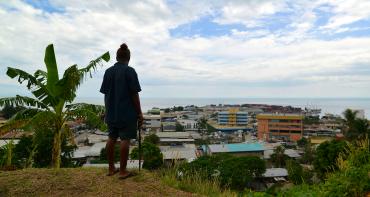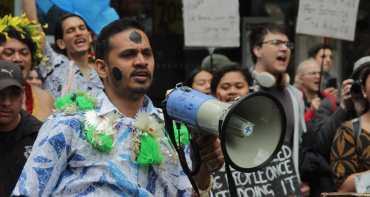Commonwealth Deputy Secretary-General Deodat Maharaj will attend the forthcoming Meeting of Heads of Government from the Caribbean Community (CARICOM) taking place in Antigua and Barbuda from 1 to 3 July 2014.

Commonwealth Deputy Secretary-General Deodat Maharaj will attend the forthcoming Meeting of Heads of Government from the Caribbean Community (CARICOM) taking place in Antigua and Barbuda from 1 to 3 July 2014.
Mr Maharaj, will use the opportunity to meet Commonwealth Caribbean leaders and to brief them on the current practical initiatives being undertaken by the Commonwealth Secretariat to raise the concerns and development priorities of the region at the global level.
“I look forward to the opportunity to meet Commonwealth leaders during the CARICOM summit. It presents the space to listen, learn and share ideas on how we can tackle the critical challenges facing our Commonwealth citizens in the region,” he said.
The Deputy Secretary-General will provide an update on the outcomes of the high level global forum on small states that took place in St Lucia in March this year, the G20 Development Forum where the issues of high importance to the region were raised and the efforts of the Commonwealth in the Post 2015 Development Agenda.
Mr Maharaj will also have an engagement on the approach to be taken by the Commonwealth during the forthcoming United Nations summit on Small Island States taking place in Samoa in September 2014.
"The Commonwealth new and enhanced strategic plan has a strong component on strengthening the resilience of small and vulnerable states to address and mitigate against external shocks such as natural disasters and economic shocks that have such an adverse impact on regions such as the Caribbean. This builds on the Commonwealth’s strong track record of consistent leadership in articulating globally the challenges confronted by small states, many of them found in the Caribbean region" he said.
Mr Maharaj said: "We would like to see a situation where international policies, mechanisms and rules are more responsive to small states’ development strategies and priorities and where they can effectively participate in the international decision-making processes affecting them."



